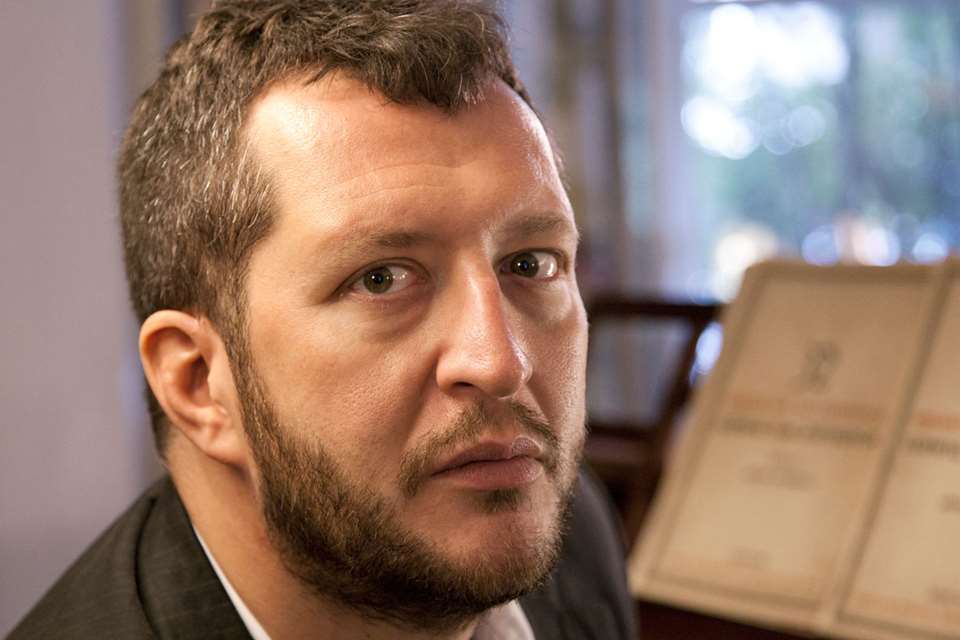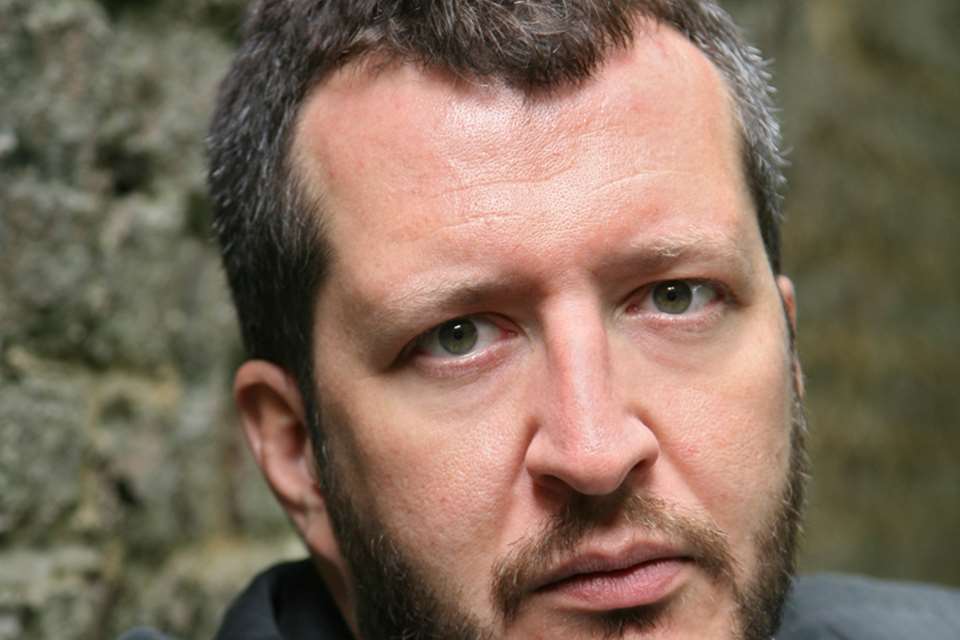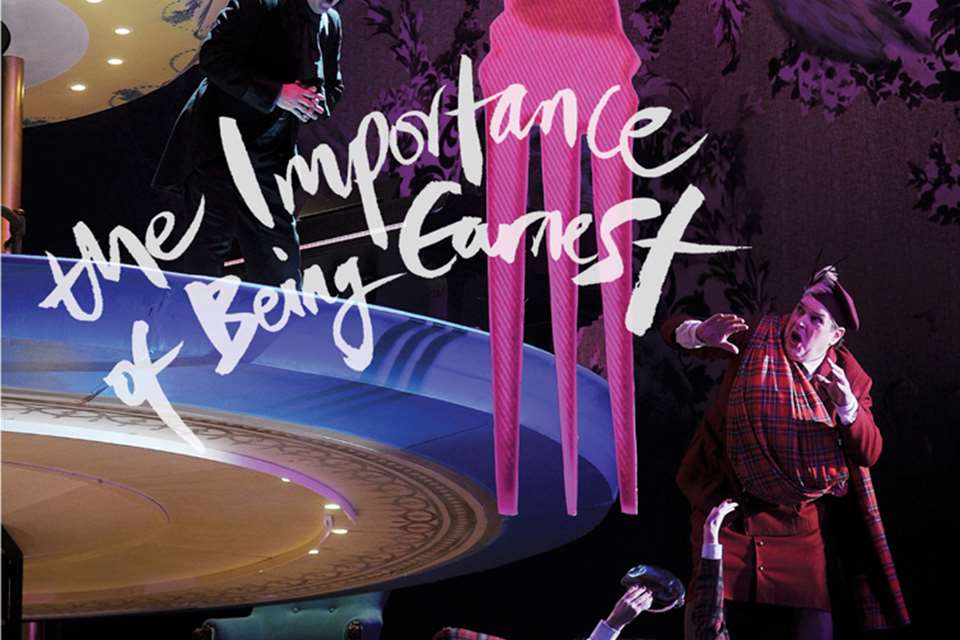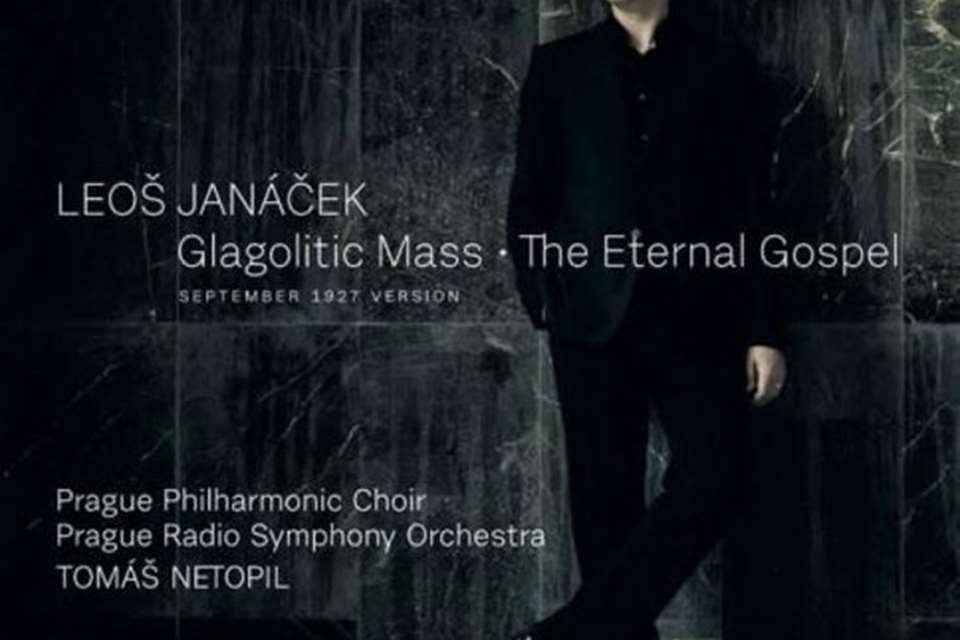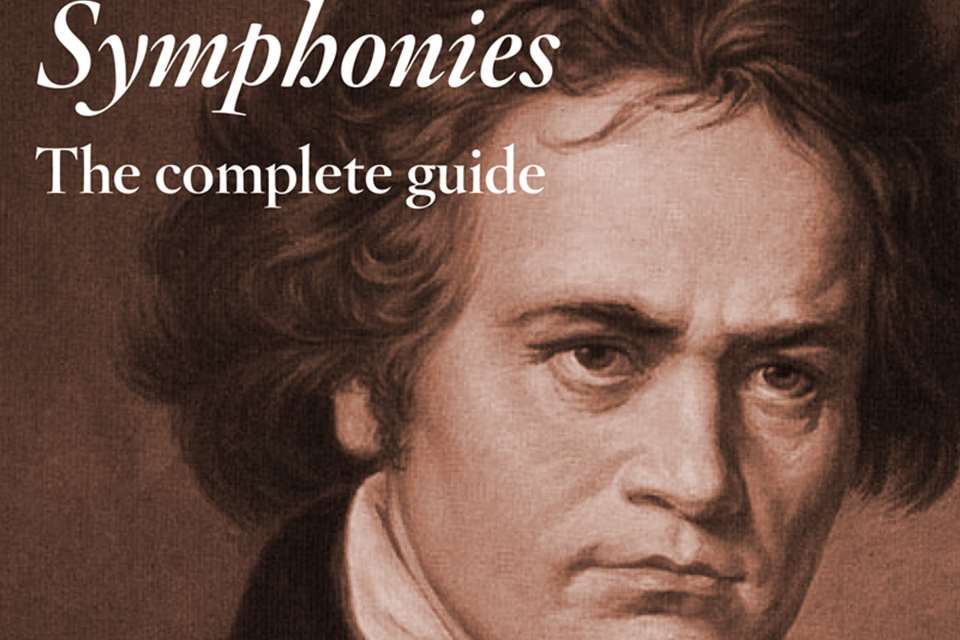Thomas Adès interview: ‘I do like things to be shocking and transcendent’
Peter Quantrill
Monday, May 18, 2020
The conductor–composer–pianist Thomas Adès talks to Peter Quantrill about storming the heavens and plumbing hell in music by Beethoven, Janáček, Barry – and Adès himself
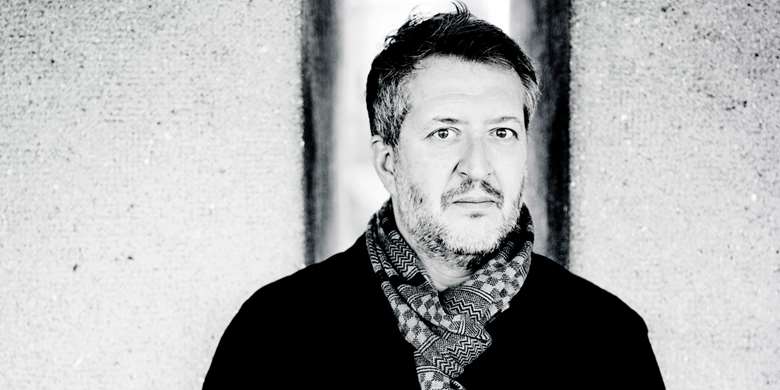
Register now to continue reading
Thanks for exploring the Gramophone website. Sign up for a free account today to enjoy the following benefits:
- Free access to 3 subscriber-only articles per month
- Unlimited access to our news, podcasts and awards pages
- Free weekly email newsletter




